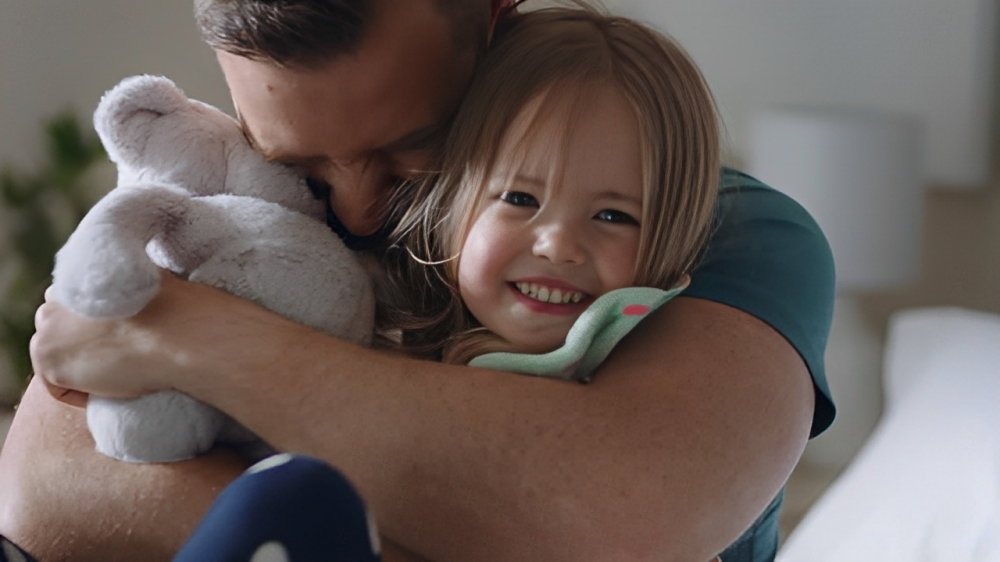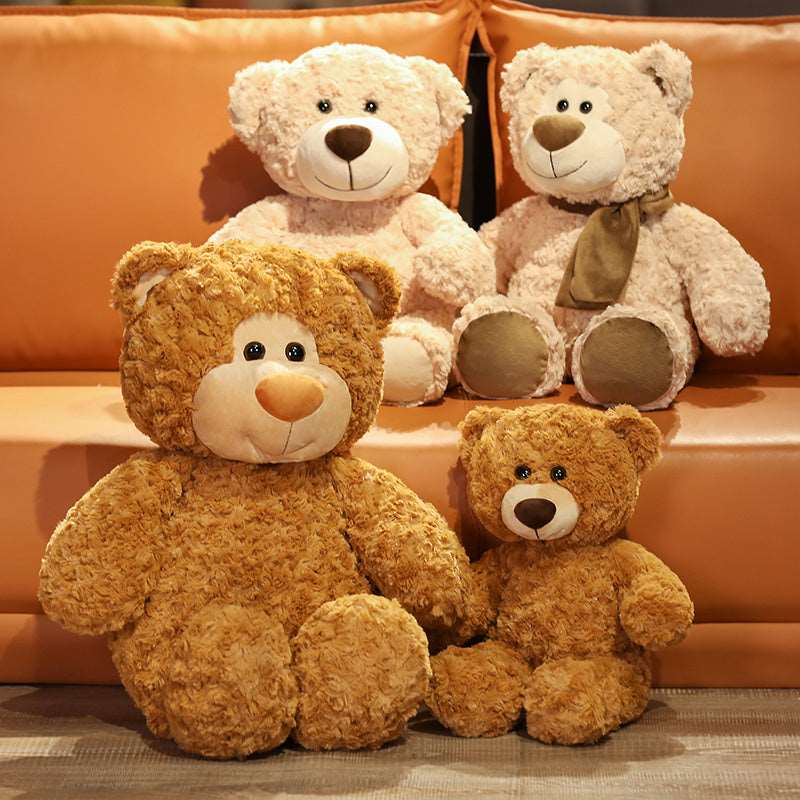

· By The Wakaii Team
Why Do We Talk To Plushies?
Ever found yourself whispering secrets to your plushie or asking them how their day was? You're not alone!
Talking to plushies is a universal experience that transcends age and culture.
Why do we talk to our plushies though? Long story short, talking to plushies can be a comforting and therapeutic practice. It allows us to express emotions, feel a sense of companionship, and even tap into our creativity.
Let's dig deeper!
The Need to Talk to Someone
"The serious answer is that you may feel the need to talk to 'someone', and if there's a lack of people around you with whom you feel comfortable talking, you've created the possibility to talk with your stuffed friends." - Quora User
- A Safe Outlet: Plushies become confidants when human connections might be lacking.
- Unusual but Harmless: As long as it doesn't lead to harmful actions, it's a harmless practice.
- A Reflection of Human Nature: We often seek connections, and plushies provide a non-judgmental space.

Societal Perceptions
"The sad truth is, if you talked to them outside of your room, people might think you more than a little strange. Don't let that stop you though, they're just weird." - Quora User
- Social Stigma: Talking to plushies might be seen as strange, but it's a personal choice.
- Understanding and Acceptance: More people are recognizing the emotional benefits of this practice.
The Imagined Voices of Plushies
If plushies could talk, what stories would they tell?
"I am sure they would have a story to tell, good stories and horror stories. Stories of unconditional love, of books read, kisses given, of protecting children through the night; and stories of children abused, hurt and molested by those who are supposed to love and protect them." - Quora User
- Stories of Love: Plushies witness moments of affection, joy, and comfort.
- Stories of Pain: They might also be silent witnesses to darker experiences.
- A Symbol of Human Experience: Plushies represent a wide spectrum of human emotions and experiences.

Personal Connections: Childhood to Adulthood
From childhood friends to adult companions, plushies often stay with us through life's journey.
"As an only child I get it. They were my friends and my comfort during a rough childhood. I do the same thing now. I don't leave them in weird uncomfortable positions. Talk to them. Sleep with them. I have the same beaten up horse stuffy from when I was three or four (I'm 25 now). Don't feel weird you are just a caring empathetic person." - Quora User
- Childhood Connections: Plushies become friends and comforters during childhood.
- Adult Attachments: The bond often continues into adulthood, reflecting empathy and care.

Using Plushies as Emotional Avatars
In the complex world of emotions, plushies can serve as avatars, allowing individuals to process feelings and find resolutions.
"I (30) sometimes talk to stuffed animals about problems I'm having, and I respond in character to myself using the toy as an avatar of someone listening to my problems. I don't know why, but it's significantly easier for me to process my emotions this way, and even to find resolution more quickly than if I just think about a problem internally." - Quora User
- A Therapeutic Tool: Using plushies as emotional avatars can be a form of self-therapy.
- Emotional Processing: It helps in understanding and managing emotions.
- A Creative Approach: It's a unique and creative way to engage with one's emotional self.

The Therapeutic Use of Plushies: Healing and Comfort
Plushies are not just childhood companions; they have found a place in therapeutic practices as well.
- Counseling and Therapy: Therapists sometimes use plushies to help children and even adults express emotions.
- Hospitals and Care Facilities: Some patients take their plushies to the hospital with them.
- A Tool for Emotional Growth: Plushies can benefit children immensely, and not only that, even adults have found comfort in the companionship of plushies (which is awesome!).
Conclusion
The world of plushies is rich and diverse, filled with creativity, comfort, and connection.
From childhood memories to therapeutic tools, plushies hold a special place in our hearts. They are more than just toys; they are companions, storytellers, and symbols of love and nostalgia.
At Wakaii, we celebrate the joy and wonder of plushies. We invite you to explore our kawaii plushies collection and find the perfect companion for yourself or a loved one.
And if you've been inspired by this journey into the world of plushies, we'd love to hear your thoughts, experiences, or any plushie-related memories you'd like to share.
Feel free to leave a comment below or reach out to us on social media!
And finally, don't miss out on the latest plushie news, special offers, and more. Subscribe to our newsletter today and enjoy 15% off your next purchase.
Let's continue to explore, connect, and celebrate the magical world of plushies together. Cheers!
FAQs
People may find comfort in talking to plushies as they can provide a non-judgmental and comforting presence. This can be especially helpful for those who feel isolated or are going through a difficult time.
While not a substitute for professional mental health care, talking to plushies can be a therapeutic exercise for some. It allows individuals to express emotions and thoughts in a safe and private space.
Yes, many adults continue to have connections with plushies, often stemming from childhood attachments. These connections can provide comfort, nostalgia, and even aid in emotional processing.

